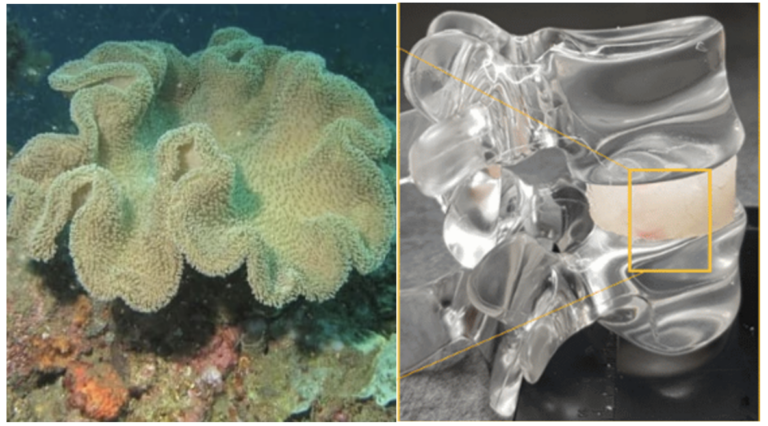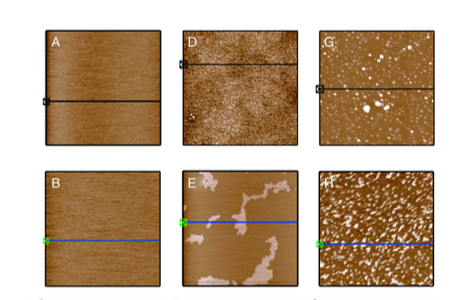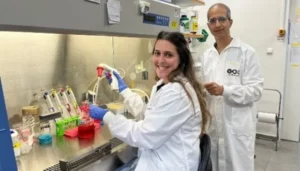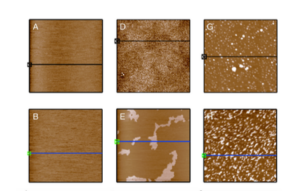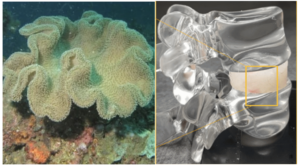Hadassah (Israël) : le séquençage de nouvelle génération (NGS) permet d'identifier le cancer de la thyroïde

[:fr]
Grâce au séquençage de nouvelle génération (NGS), des chercheurs du CHU Hadassah (Jérusalem, Israël) avaient annoncé en août 2018 avoir identifié un panel d’ARN très précis qui distingue le cancer de la thyroïde des nodules bénins.
L’étude a été menée par le Pr Haggi Mazeh, chef du département de chirurgie générale à l’hôpital Hadassah et le Dr Iddo Ben-Dov, médecin principal au Département de néphrologie de Hadassah.
Comme l’expliquent les auteurs, « la biopsie par aspiration à l’aiguille fine (FNAB), la procédure de référence pour diagnostiquer les nodules thyroïdiens malins, produit une cytologie indéterminée dans 10 à 40% des cas. Le but de leur étude était d’utiliser la technologie NGS pour identifier les diversités dans le profil d’expression des microARN des nodules thyroïdiens bénins versus malins. Les microARN sont de courts ARN non codants qui régulent la fonction cellulaire et jouent un rôle dans le développement du cancer ».
« Les nodules thyroïdiens sont extrêmement courants et parfois porteurs de cancer. Les patients qui subissent une évaluation des nodules thyroïdiens reçoivent souvent des résultats ambigus, et les options de prise en charge sont actuellement limitées, ce qui représente un besoin cliniquement non satisfait », explique le Pr Mazeh.
«Notre panel peut classer les nodules thyroïdiens indéterminés avec une plus grande précision que les tests moléculaires disponibles dans le commerce », ont conclu les chercheurs.
Publication dans Cancer Epidemiology, Biomarkers & Prevention (American Association for Cancer Research), July 26, 2018
Traduit et adapté par Esther Amar pour Israël Science Info
[:en]
Hadassah Medical Organization researchers, using next generation sequencing (NGS), have identified a highly accurate RNA panel that distinguishes thyroid cancer from benign nodules.
The study, authored by Prof. Haggi Mazeh, Chief of Surgery at Hadassah Hospital Mount Scopus, and Hadassah Nephrologist Dr. Iddo Ben-Dov, is highlighted in the July 26, 2018 on line issue of Cancer Epidemiology, Biomarkers & Prevention, a journal of the American Association for Cancer Research.
As the authors explain, fine needle aspiration biopsy (FNAB), the gold-standard procedure for diagnosing malignant thyroid nodules, yields indeterminate cytology in 10 to 40 percent of cases. The aim of their study was to utilize NGS technology to identify diversities in the microRNA expression profile of benign versus malignant thyroid nodules. MicroRNAs are short, non-coding RNAs that regulate cell function and play a role in cancer development.
« Thyroid nodules are extremely common and occasionally harbor cancer, » explains Prof. Mazeh. « Patients who undergo evaluation of thyroid nodules often receive ambiguous results, and there are currently limited options for further management, representing a clinically unmet need. »
“Our panel,” the researchers concluded, “may classify indeterminate thyroid nodules with higher accuracy than commercially available molecular tests.”
Publication in Cancer Epidemiology, Biomarkers & Prevention
Prof. Haggi Mazeh, a specialist in general and endocrine surgery, is the new Director of the Department of General Surgery at Hadassah Hospital Mount Scopus.
Prof. Mazeh, who was born at Hadassah Hospital and educated at the Hadassah-Hebrew University School of Medicine, succeeds Prof. Achmed Eid.
Upon his appointment, Hadassah Director General Prof. Ze’ev Rotstein noted: « Haggi is a winning combination of an excellent surgeon and an academic physician, researcher, and teacher. Beyond all this, he is a devoted doctor, empathetic to the patients and loved by everyone. »
Having served in the Israel Defense Forces Paratroopers’ Brigade, when he finished his medical studies, he became a physician in the Paratroopers’ Brigade Reserves. He did his internship in the Department of Surgery at Hadassah Mt. Scopus, as well as a year of residency at Mount Sinai Hospital, New York City, and clinical training in endocrine surgery at the University of Wisconsin, Madison. When he returned to Israel, Prof. Mazeh continued to develop endocrine surgery at Hadassah, establishing the department as one of the leaders in the field by working closely with many endocrinologists in Israel.
Prof. Mazeh has conducted numerous studies in the field of endocrine surgery (dealing with thyroid, parathyroid, adrenal, and neuroendocrine tumors), which have been published in prestigious scientific journals and highlighted at conferences in Israel and abroad. Having gained international recognition as an expert in the field, Prof. Mazeh is often cited by his colleagues.[:]


